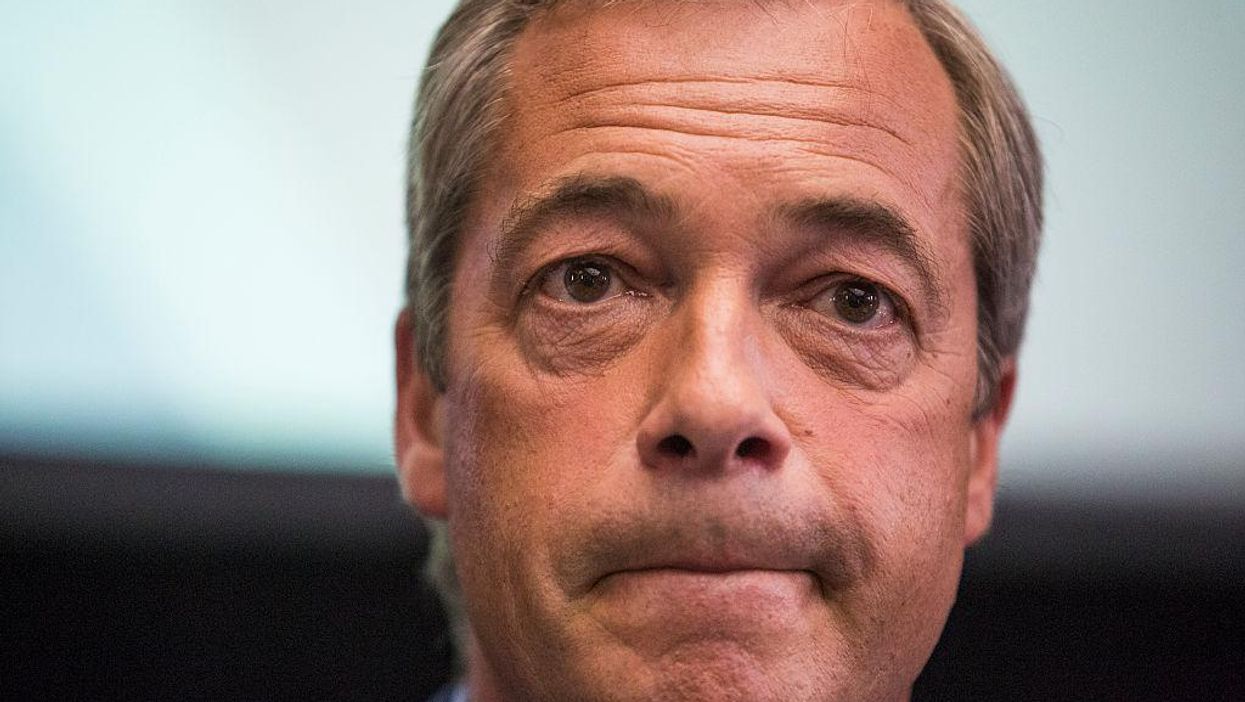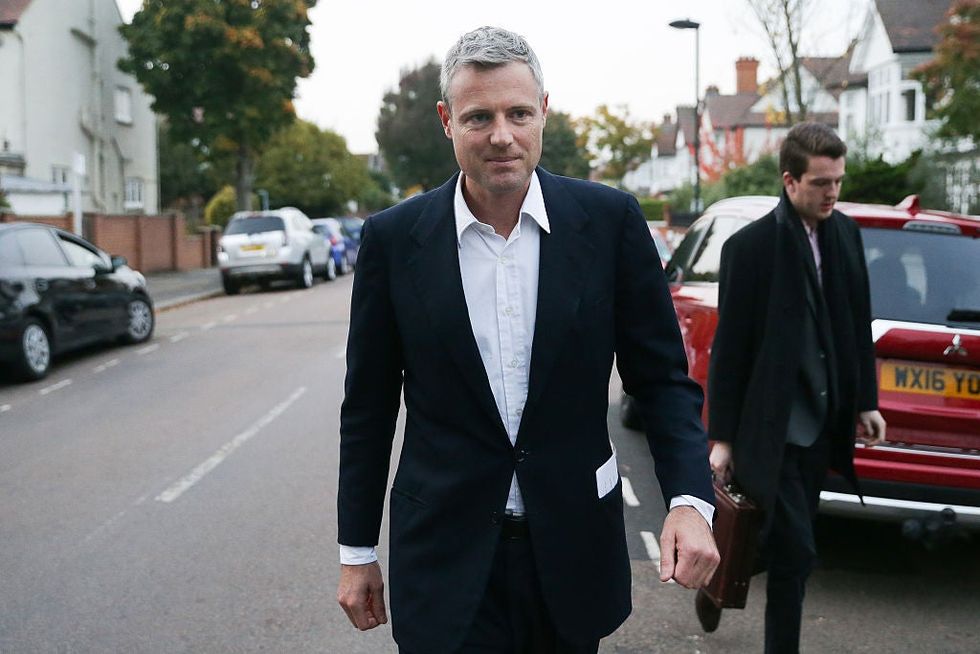News
Joe Vesey-Byrne
Nov 04, 2016

Picture:
Jack Taylor/Getty Images
There's a chance that Parliament will decide on triggering Article 50, and if the way MPs campaigned before the referendum is anything to go by, Brexiters might be feeling a bit nervous.
You can count on the government already war gaming this situation, and thinking about where MPs will fall.
Of 650 members, 323 members' votes are what the government would need to get Article 50 through the House of Commons.
The Commons Speaker traditionally does not vote, and Sinn Fein MPs have a policy of abstention, making 323 the half way mark.
Statista has compiled data for anyone trying to understand the scale of the challenge facing government whips.
The information is based on how MPs aligned themselves during the EU referendum campaign.
As the chart shows, the government already has 158 Brexit supporting MPs. It needs at least 165 Remainers to switch sides.
It could become even more difficult if the Remain backing Liberal Democrats win the Richmond by-election. Zac Goldsmith, who was a Tory but is running as an independent, is pro-Brexit and therefore part of the government's existing 158 pro-Brexit block.
The Batley & Spen, and Witney by-elections have not altered the numbers of MPs supporting Leave or Remain.
Therefore the whips have to convince enough MPs who supported Remain to switch their votes, on the grounds that 52 per cent of the UK chose to leave the EU, or in many cases, because their constituencies voted to leave the EU.
At stake is the meaning of being an MP. Are members representatives, there to make a decision on behalf of their constituents, or are MPs delegates, consulting their constituents in small-scale referenda?
Any which way, someone is going to be angry with them. That's how governing works.
In terms of Remain MPs the government hopes to flip, it's likely the persuasion tactics will be focused on the Conservative Party and the Labour Party. Many of these MPs campaigned for Remain, but they also represent constituencies which voted to Leave.
Of the Northern Irish parties who take seats in the Commons (14) eight Democratic Unionist Party and one member of the Ulster Unionist Party, are already with the government, but the remaining five MPs from supported Remain, and the Northern Ireland region delivered a large pro-Remain majority on 23 June.
Similarly the SNP were ardently Remain, as was Scotland, making it extremely unlikely to break with its voter base in order to help the government.
Plaid Cymru may provide some salvation, due to the strong support for Brexit demonstrated by voters in Wales. As such the government could convince Plaid Cymru's three MPs to switch to Brexit in order to better represent their constituents.
Every little helps.
NB: There was no data for 13 MPs
More: The Soho bike shop taking the fight to the Daily Mail
More: The nine US states that could get blazed on election day and ignore the result
Top 100
The Conversation (0)















